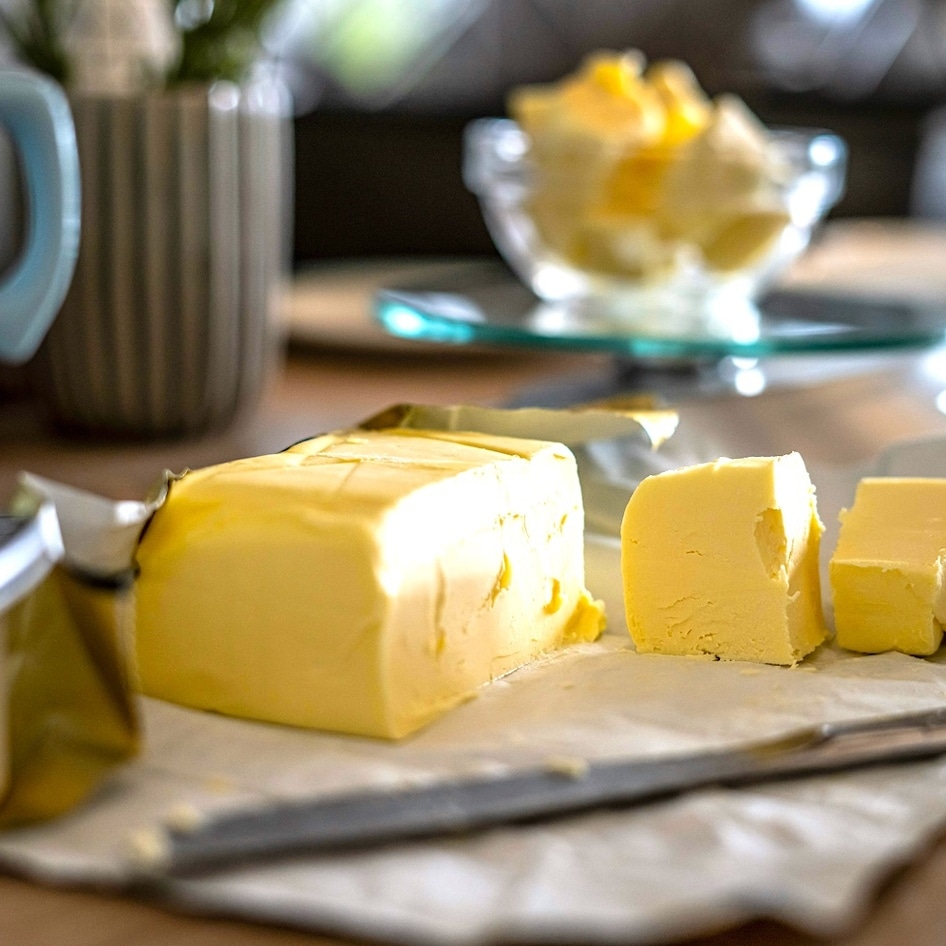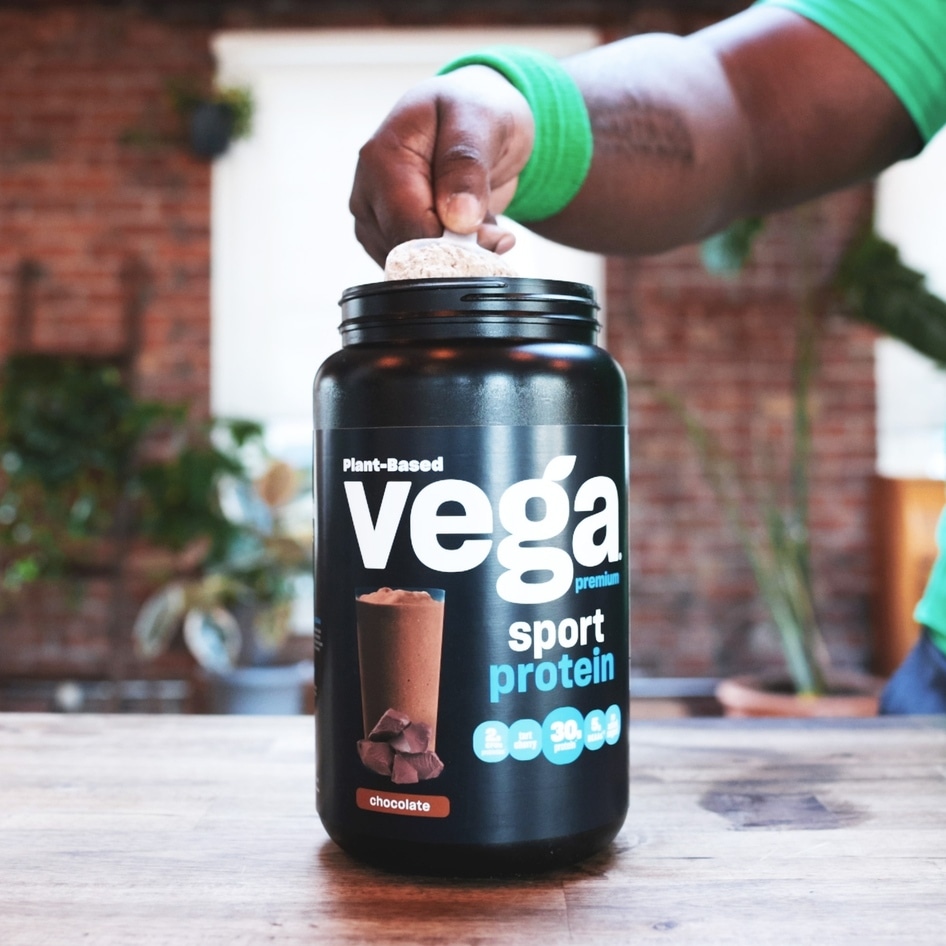Dairy alternatives are in high demand; in 2023, the global market for dairy alternatives was estimated at $35.6 billion and is projected to reach $75.3 billion by 2030, according to recent data. But, despite this growth, manufacturers face challenges in replicating the creamy texture and melting properties of traditional dairy cheese.
To address these challenges, researchers at the University of Guelph in Ontario and Canadian Light Source Inc. in Saskatchewan, Canada are developing plant-based cheeses that they say mimic the characteristics of dairy cheese while offering improved health benefits.
 Teese
Teese
Alejandro Marangoni, a leading researcher in the study, highlighted the complexity of meeting consumer expectations: “Now, consumers expect essentially the same animal product but with plant-based ingredients, which is very difficult.”
The research focuses on understanding how various plant-based proteins interact with alternative cheese structures, particularly concerning melting behavior, stretchability, and oil release during heating. Marangoni noted the knowledge gap in this area: “The behavior of milk proteins and meat proteins is reasonably well understood, but knowledge about the functionality of plant proteins is lacking.”
 Daiya
Daiya
Previous studies identified a blend of 25 percent coconut oil, 75 percent sunflower oil, and pea protein as effective in creating a desirable cheese texture. Building on this, the current research examined isolates from lentil protein, faba bean protein, and a specific pea protein, analyzing their interactions with oil and the starch matrix in cheese alternatives.
Findings revealed that increasing coconut oil content enhanced the hardness of the cheese. Notably, formulations with pea protein and 25 percent coconut oil achieved the firmest texture, attributed to unique protein-fat interactions. This combination matched or exceeded the melting, oil loss, and stretch properties of cheese analogs made with 100 percent coconut oil.
 Daiya
Daiya
Utilizing a blend of sunflower and coconut oils also reduced the saturated fat content, resulting in a healthier and more sustainable alternative to both dairy and existing plant-based cheeses. Marangoni emphasized the goal of improving nutritional profiles while maintaining functionality: “Ultimately we want to improve the nutrition, increase the protein content, and lower the saturated fat content of cheese alternatives.”
Beyond nutritional considerations, the environmental impact of conventional cheese production is significant. Dairy farming requires large amounts of land, water, and feed to sustain cattle, contributing to deforestation, water pollution, and habitat loss. Additionally, dairy cows produce methane, a potent greenhouse gas, as part of their digestion process. According to the Food and Agriculture Organization (FAO) of the United Nations, cheese has a higher carbon footprint per kilogram than most other protein-rich foods, with estimates ranging between 8 and 15 kilograms of CO2-equivalent emissions.
BECOME A VEGNEWS VIP: Get exclusive product deals, freebies, and perks galore!
By contrast, plant-based cheese alternatives typically have a much lower environmental impact, as they require fewer natural resources and generate significantly fewer greenhouse gas emissions. Transitioning to non-dairy cheese options could play a meaningful role in reducing the overall carbon footprint of the global food system while also supporting more sustainable agricultural practices.
For more plant-based stories like this, read:
JUMP TO ... Latest News | Recipes | Guides | Health | Subscribe








